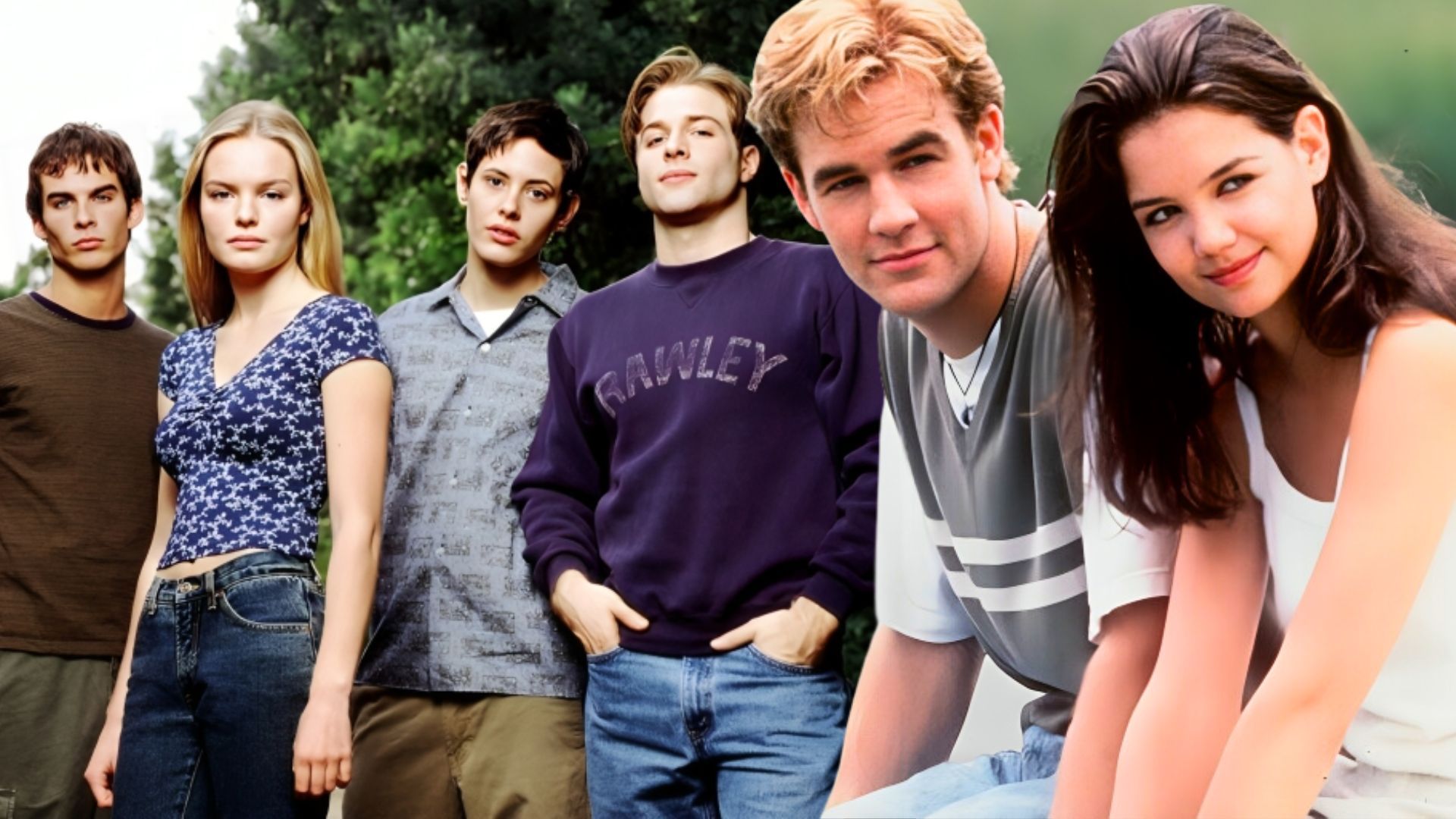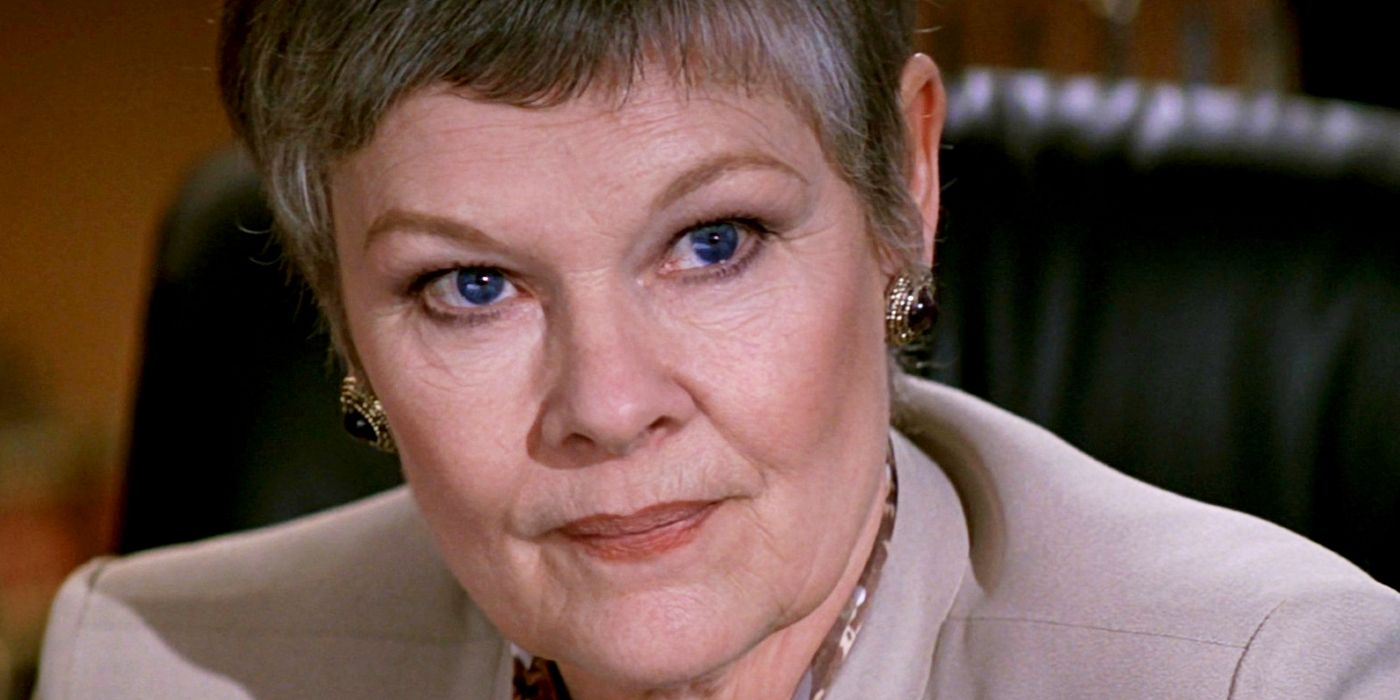What’s it about? I’ve seen “American Star” and I’m still not entirely sure—partly because director Gonzalo López-Gallego, who also edited the movie, and screenwriter Nacho Faerna go long stretches without dropping bits of exposition; but mainly because it’s the sort of film where the look and sound and overall energy is what it’s really “about,” not so much any obviously spelled-out theme.
The film begins with Wilson arriving in Fuerteventura, picking up a rental car and going to a modernist house in the desert, presumably where the target is, but the house is empty, and the arrival of a young woman (Nora Arnezeder) prompts him to leave. He goes into town, where he’s staying at a luxury hotel, and behaves like a man on vacation (which is what he tells people who him ask why he’s there). He sees a bit of live music (including a couple of performers in a hotel lounge doing an acoustic cover of Europe’s “Final Countdown”) and gets to know locals, workers and fellow resort guests, including a young boy (Oscar Coleman) who sits on the floor in Wilson’s hallway outside of a closed door while his parents argue. Wilson goes out for a drink and meets the same woman he saw in the house, a bartender named Gloria. Gloria will take a liking to Wilson and even bring him home to meet her mother (Fanny Ardant). Wilson and Gloria don’t have the kind of relationship you think. When you find out what sort of relationship they’re building, it deepens Wilson, and opens up surprising aspects of Gloria’s character as well.
“American Star” is a movie about waiting, and not just for Wilson’s target to arrive on Fuerteventura. We don’t know how old Wilson is, but McShane is 81, and there’s dialogue about his character serving in the Falklands war, which happened in 1982: we get the sense that he was no spring chicken even then. But whatever his official vintage, Wilson is an older man waiting on his end. The road behind him is longer than the road ahead. The film’s title is the name of a wrecked ship off the coast of the island. Hearing its backstory, Wilson realizes it’s only slightly older than he is. The movie presents the ship as a seemingly immovable object that’s more fragile than it appears.
The noir genre is typically fatalistic: the characters are headed in a certain direction and their attempts to steer away from the crash rather than into it just make the inevitable impact more devastating. “American Star” slips out of European art house mode and into a film noir groove eventually, giving the project a surprisingly acidic aftertaste, contrasting with the beguiling gentleness, at times wonderment, of much of the story that preceded it.
The worm starts to turn when Wilson runs into Ryan (Adam Nagaitis), the son of a former platoon-mate. Ryan is also a hitman, and it seems like he’s there to keep Wilson on track, or perhaps kill Wilson after he’s done with the target; we don’t know exactly what his deal is, but he’s an arrogant yet oddly likable fellow, until the point when he crosses a line with Wilson and you start to loathe him; then things turn around again, as they tend to do in this movie, and you see the younger man as a deluded, pitiable person intoxicated by his own sense of invulnerability, perhaps as Wilson himself was, back in the day.
You can view the original article HERE.





























